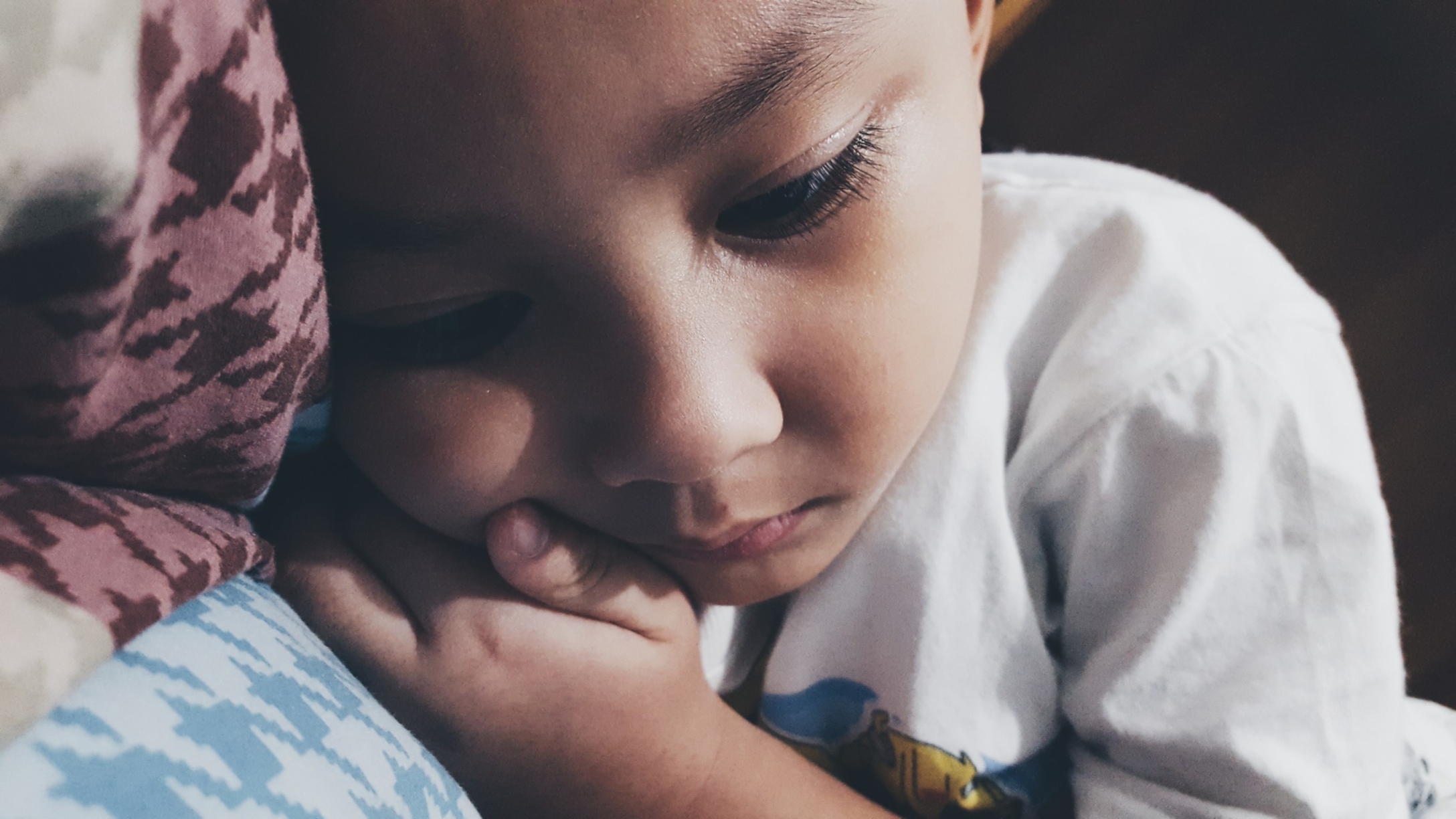
IN THIS ARTICLE
There is nothing like the feeling of relaxation when you finally get your toddler in bed for the night. That feeling can be all too easily chased away when you start hearing them starting to cough. It can seem like toddlers cough more at night, which can result in a sleepless night for the whole family. Let’s take a closer look at common reasons a toddler might be coughing at night and how to treat toddler coughs.
Causes of coughing at night
Coughs are very common in young children and can happen for a variety of reasons.
According to Elizabeth K. Johnson, a clinical instructor at the University of Maryland School of Nursing, who specializes in pediatric primary care, “A toddler coughing at night could have several causes. If the child has allergies or a chronic cold, post-nasal drip may trigger coughing when they are lying flat in bed. Some children have a type of asthma which manifests as a cough which is more persistent at night. Children with reflux also tend to cough more when lying flat due to gastric contents coming up from the stomach and causing gagging.”
Another cause of nighttime coughing is croup, which is characterised by a loud, barking cough that often gets worse during the night. Most causes of nighttime coughing are not serious, but the coughing can make it difficult to sleep, so it can be worthwhile to try to treat the cough so everyone can get a good night's sleep.
How to treat a nighttime cough

For most coughs, your best option is to try non-medicinal treatment options. Current FDA guidelines recommend against over the counter cough medicine for children under the age of 4 due to potentially dangerous side effects.
Erin D., a mother of five from St. Paul, Minnesota, shares, “Our go-to methods for treating coughs at bedtime are to get a humidifier for the bedroom, especially in winter when the air is so dry, and to position the bed pillows so that the sick kiddo is propped up a bit.”
For toddlers over the age of 1, you can also try a little honey to help soothe their throats, either given by teaspoon or mixed in some warm tea. Some toddlers may also find a nice steamy shower before bed can help loosen things up enough to fall asleep. If you do opt to try an over the counter cough medicine, be sure to talk to your doctor first for proper dosing guidelines.
Some toddlers may be prone to coughing so hard that they make themselves gag or vomit. If you have a cough puker, make sure to have them sleep propped up so they don’t choke on their vomit. You’ll also want to consider laying some beach towels over their bedding for easier clean up if they aren’t yet able to throw up reliably in a bowl or the bathroom. Parenting sure is glamorous, isn’t it?
When to see a doctor

If your child has been fighting a cold, they may have a lingering cough that is caused by a virus and likely does not need medical intervention, beyond some parental TLC. But there are some cough causes that do require medical attention.
If your child is having difficulty breathing, seems lethargic, or if they have other symptoms of whooping cough, they likely need emergency care. If your toddler’s cough seems dry and wheezy, they may need an evaluation for childhood asthma, so you should schedule an appointment with their primary care doctor for an asthma screening. Other warning signs for something more serious include coughing up blood and coughing so hard that they can’t catch their breath.
Finally, if they’ve been coughing for a week or longer and the cough is getting worse instead of better or if it they have a fever of over 102, it could be pneumonia, which can be serious and require antibiotics.




